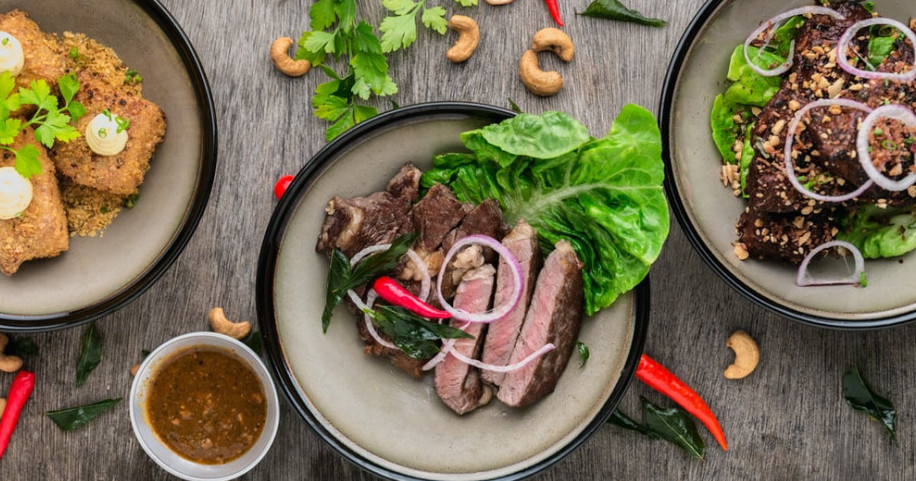IS IT TRUE THAT YOU ARE WHAT YOU EAT?
French lawyer Anthelme Brillat-Savarin is supposed to have been the first person to use this phrase in his writings in 1826. Most accurately he wrote, “Tell me what you eat, and I’ll tell you what you are.” Does “What you eat in a day” really determine what you are? The last fifty years have seen a great deal of discussion around this phrase for many reasons. The earliest modern day example was an ad that appeared in 1923 in the Bridgeport Telegraph which stated, “ninety percent of the diseases known to man are caused by cheap foodstuffs. You are what you eat.” In the early 1930s the saying reappeared in English and was taken up by American nutritionist Victor Lindlahr who believed that our food determines our health status. 
SO MANY IDEAS
I have heard well-educated authorities expound upon the benefits of a vegan diet. In the same workshop three hours later a dietitian explained the necessity for eating fish and portions of meat. There are many who will spend hours explaining that we all need more fruits and vegetables. In one very real sense, all of us can agree that what you eat in a day provides nutrition for our bodies. Nutrients from the food we eat give us the base or foundation for the functioning and wholeness of each tiny cell in our bodies, ranging from our digestive system and our immune system to our muscles and bones. Search on the internet and you will find diets that restrict the intake of fats, or sugar, diets that teach you to count your calorie intake and many that will instruct you not to mix proteins and carbohydrates or different types of sugars. I have read diets that are for anti-aging, putting fat onto skinny bodies, taking fat off of obese structures, building up your immune system, reducing inflammation in joints, and just about every other ailment you can imagine. I have had people tell me that the best thing they can do when they are feeling low is to eat a sugar glazed doughnut, steal a pint of ice cream from their freezer or eat a chocolate rich candy bar. There is no question, food is fuel for our bodies. But, it gives us much more than just energy. It can also impact our moods, affect our body temperature, make us sleepy (or not) and both shorten and lengthen our lifespan.
AN IMPORTANT STEP FOR WHAT YOU EAT IN A DAY
No matter what your diet or food preferences there is one important step that we should all take each day to ensure that our digestive system works as it should. We should all consume foods every day that promote good bacteria in our gut. I’m truly glad my Mother will never read this because, even though I grew up on farms, she emphatically taught me never to use the word “gut.” Even though today I know that this is a medical term used by the medical profession to refer to that section of my digestive system I still cringe from the word itself! Taking care of that good bacteria is vitally important to maintaining a good digestive system. Especially as we age because as we pass forty our systems produce fewer of the necessary digestive enzymes that play an important role in maintaining that healthy balance. Eating fresh fruits and vegetables and foods that are high in probiotics such as good yogurt and kimchi provide support for the digestive system. Keeping a low intake of alcohol and sugars can also be very beneficial. Many support a single glass of red wine with dinner as being good for the digestive system. A subject for another day will be the use of dietary supplements such as enzymes, probiotics, vitamins and minerals.
Please leave me any comments, questions or suggestions. In my travels and presentations I have found I often learn much more from all of you than I share with you!